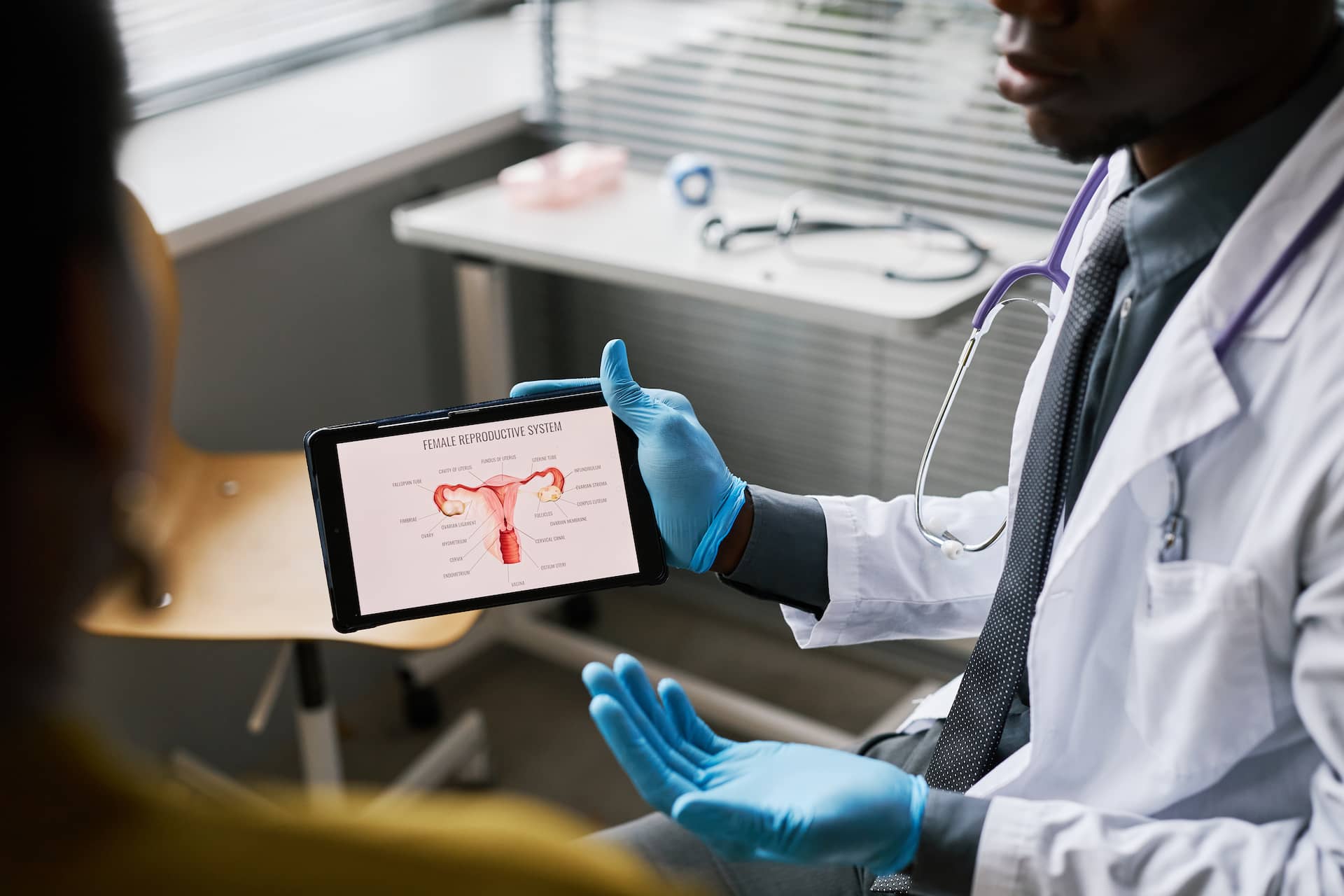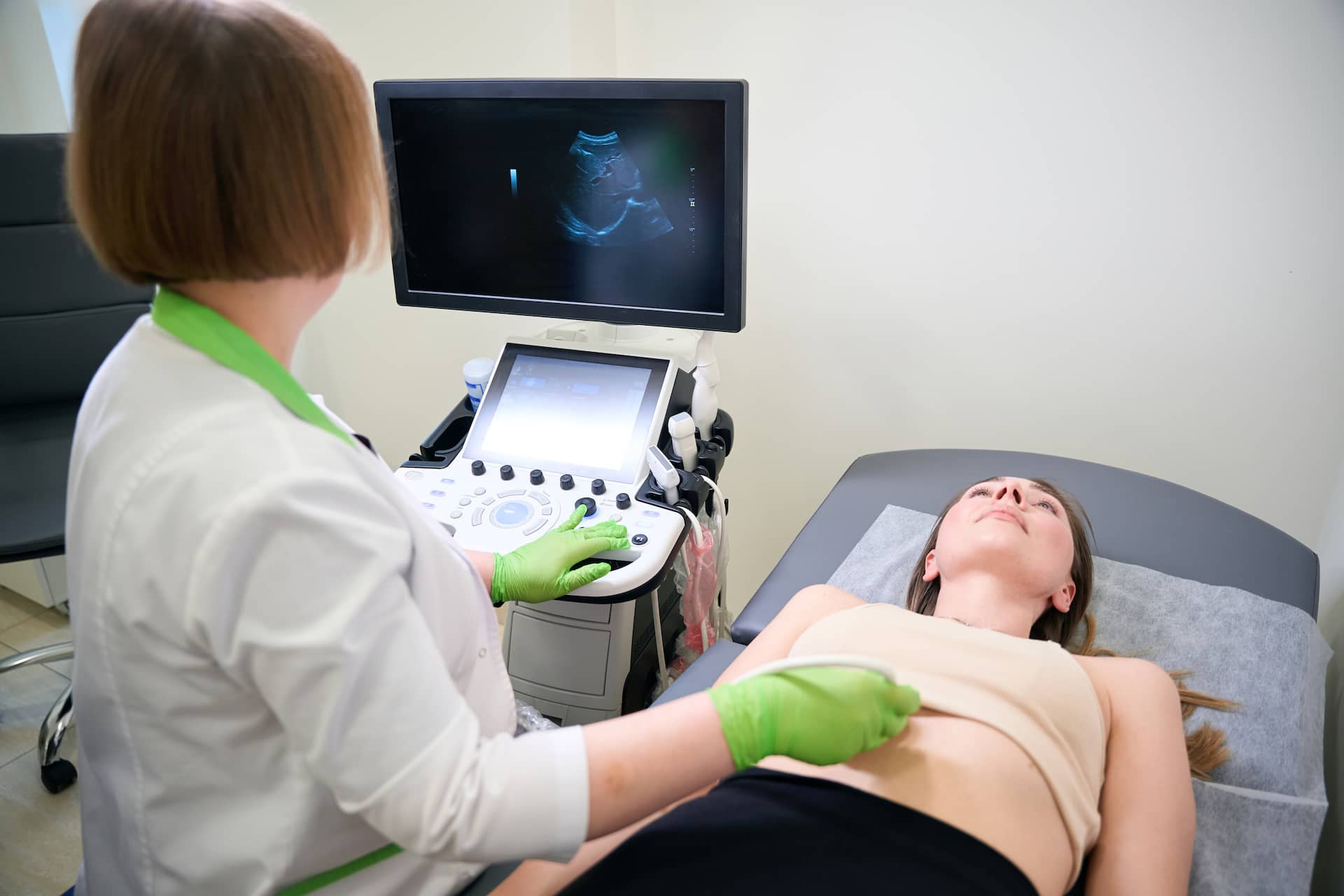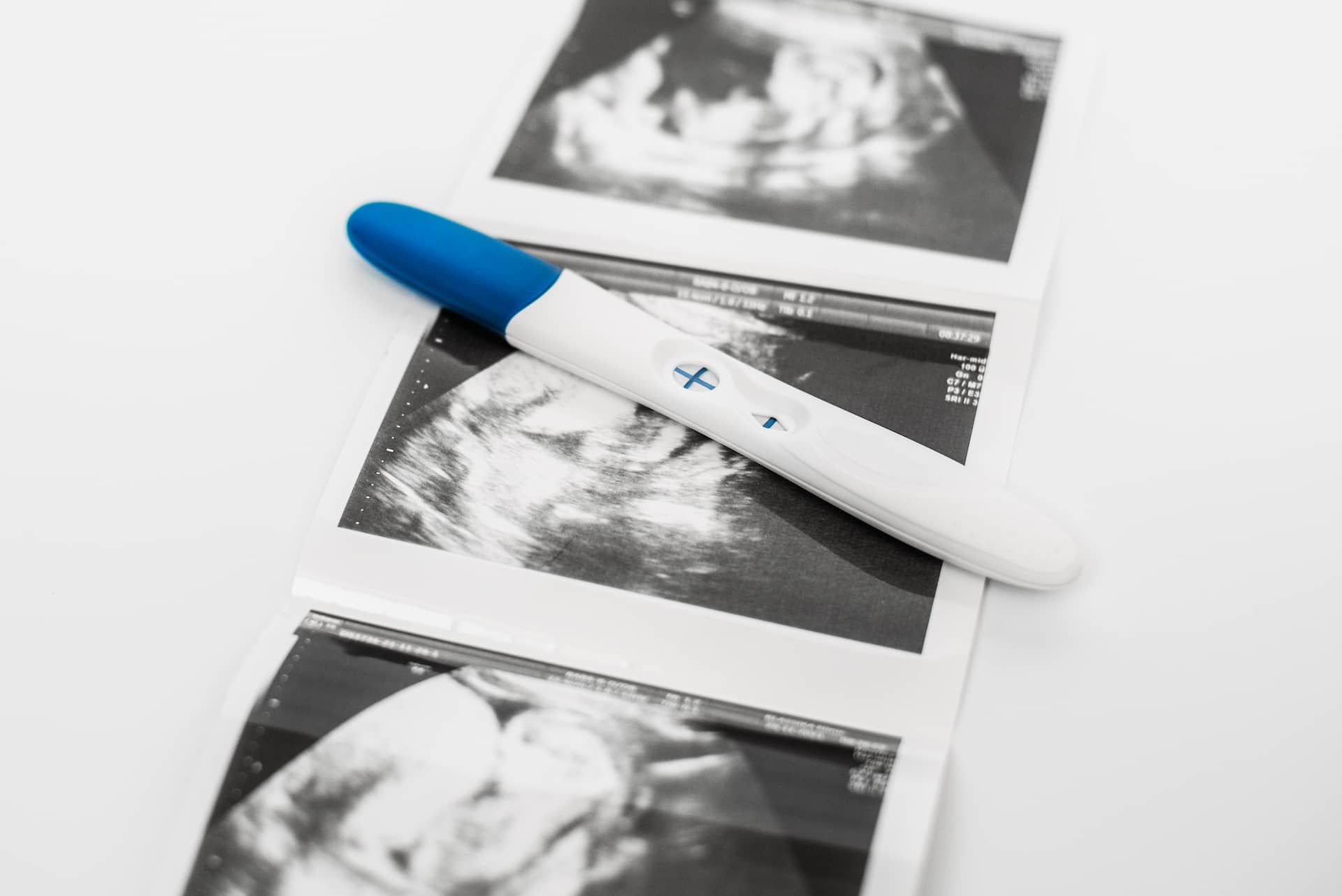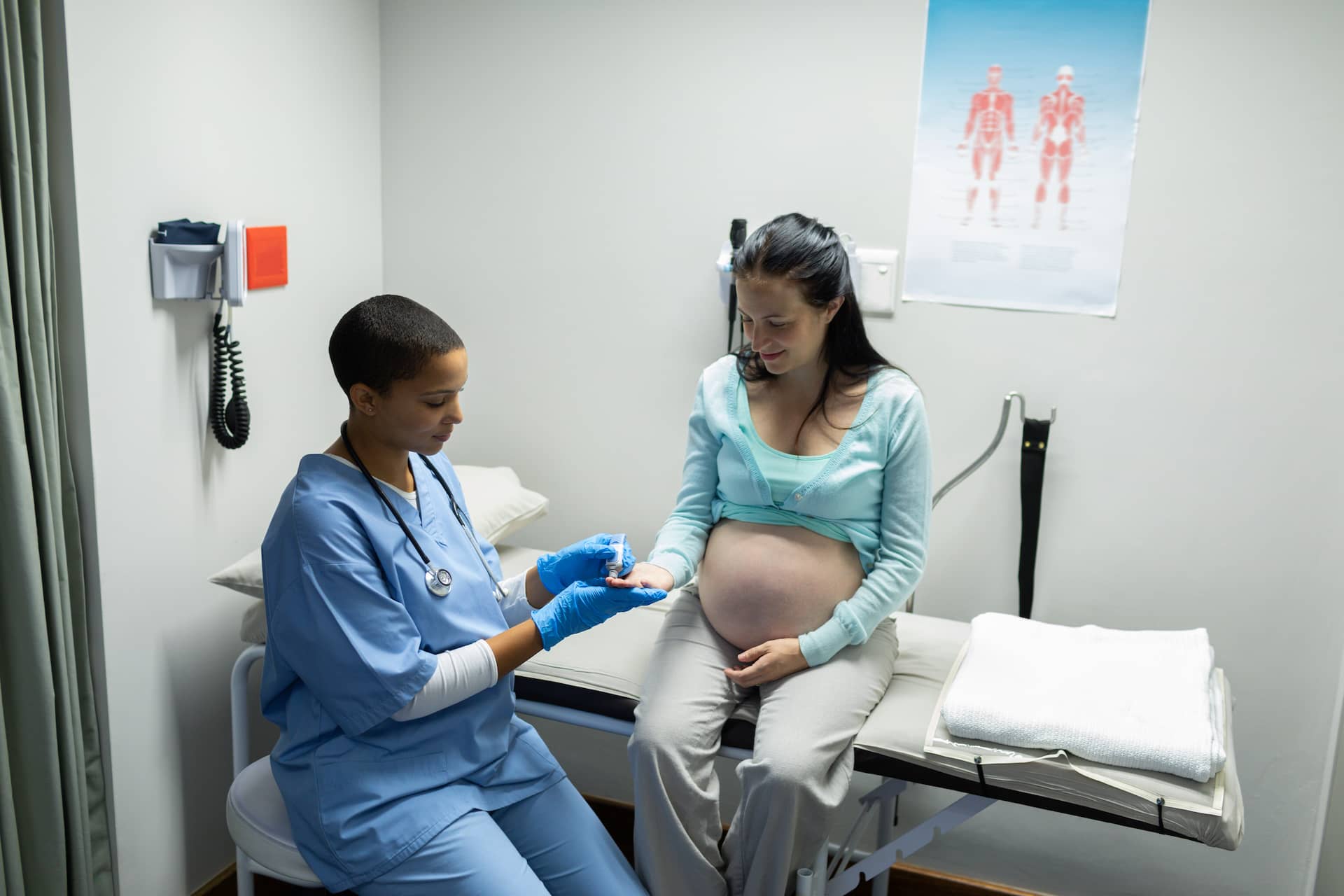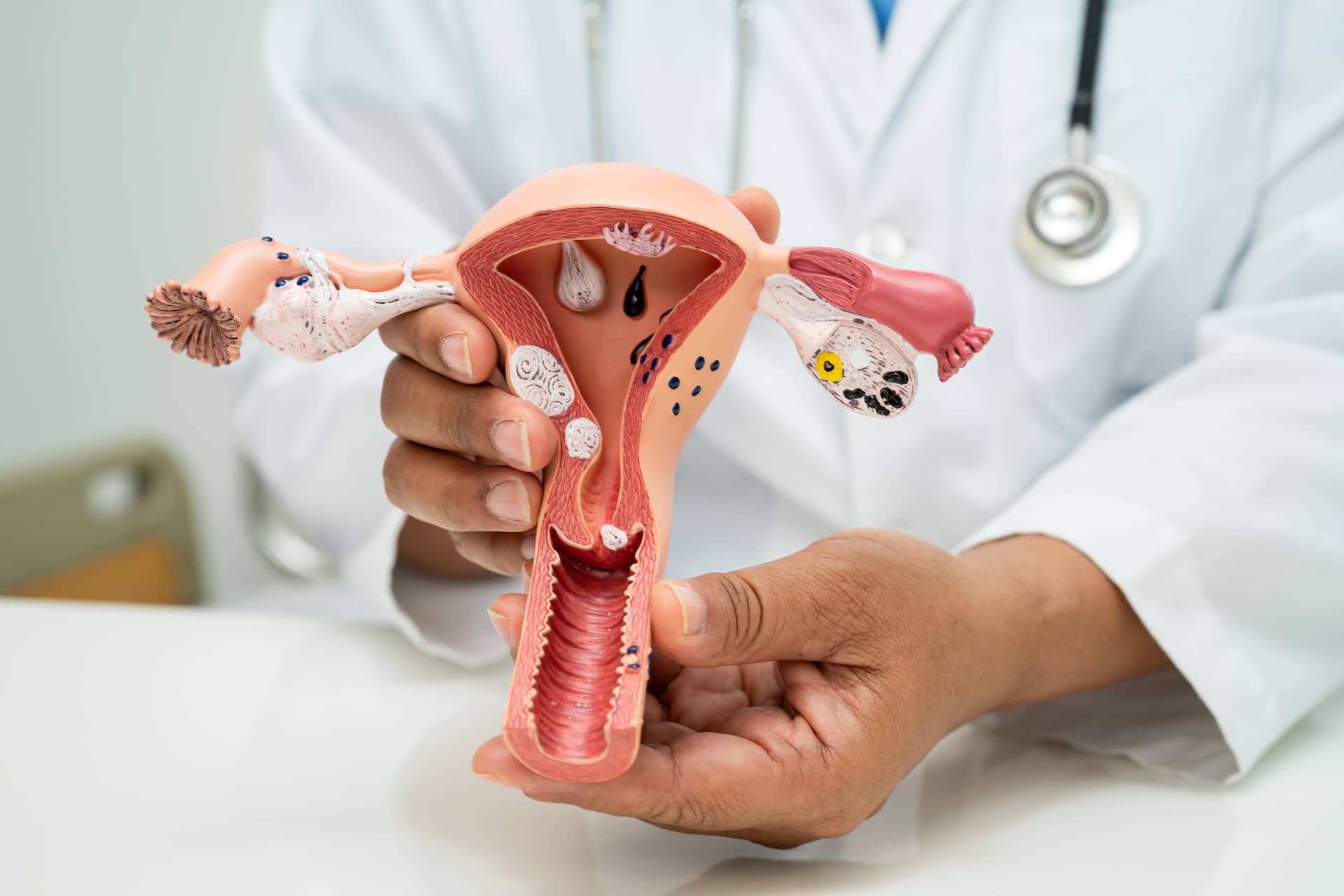Our research encompasses a broad spectrum of women's health issues, from fertility and reproductive endocrinology to urogynecology disease and menopausal health and gynecologic oncology. By leveraging cutting-edge technologies and collaborative approaches, our team of expert researchers and clinicians work tirelessly to develop innovative treatments and preventive strategies. We are committed to improving patient outcomes and setting new standards in women’s healthcare through rigorous clinical trials and transformative research initiatives. Through our efforts, we aim to make a significant impact on the lives of women both locally and globally.
Our ability to treat disease and disorders requires a robust understanding of normal and abnormal development. Using a variety of model organisms and in vitro studies, we employ genetics, high throughput genomics and epigenomics, state of the art microscopy and innovative technologies to elucidate basic developmental processes. The use of organisms from flies to mice also facilitates human disease studies by elucidating disease mechanisms and providing preclinical treatment models. Ultimately, these studies can be translated to humans.
The Gynecological Cancers Research Program at the Center for Women’s Health and Reproductive Medicine at the University of Pennsylvania is dedicated to advancing the understanding, prevention, and treatment of cancers that affect the female reproductive system. Our research encompasses various gynecologic cancers, including ovarian, cervical and uterine cancers. Through cutting-edge research and innovative clinical trials, our team aims to uncover the underlying mechanisms of these cancers, identify new biomarkers for early detection, and develop more effective, personalized treatment strategies.
One in six couples struggle with infertility, with male and female and unknown causes of infertility equally responsible. The Fertility and Infertility Research Program at the Center for Women’s Health and Reproductive Medicine at the University of Pennsylvania is dedicated to exploring and addressing the complex challenges of fertility and reproductive health. Our research spans a broad range of topics, from understanding the underlying causes of infertility to developing innovative treatments that can help individuals and couples achieve their dream of parenthood. Our multidisciplinary team of scientists and clinicians works together to investigate genetic, hormonal, and environmental factors that influence fertility and aiming to develop more effective and personalized solutions.
The Pregnancy Research Program is dedicated to advancing the health and well-being of both mothers and their babies. Our research covers a wide range of topics, including prenatal care, maternal health, morbidity and mortality, fetal development, and pregnancy outcomes. We aim to understand the biological, environmental, and social factors that influence pregnancy, with the goal of improving health outcomes for both mothers and their children.
The Reproductive Biology Research Program is dedicated to advancing our understanding of the fundamental processes that govern reproduction. In addition to studying human biology, we employ multiple organisms and in vitro models to advance our knowledge of reproduction. Our research encompasses a wide range of topics, from the molecular mechanisms of gametogenesis, fertilization, early development, implantation and placentation, to the intricate hormonal regulation of reproductive cycles. By exploring these foundational aspects, we aim to uncover new insights that can lead to innovative treatments for infertility and other reproductive disorders.
It is well known that males and females have unique biology and experience a substantial number of diseases and disorders differently. The CWHRM is committed to advancing the understanding and treatment of health issues that uniquely or disproportionately affect women. Our research spans a wide range of areas, including cardiovascular health, osteoporosis, mental health, autoimmune diseases, and breast cancer. By focusing on these critical areas, we aim to improve health outcomes for women through innovative research and evidence-based approaches.



